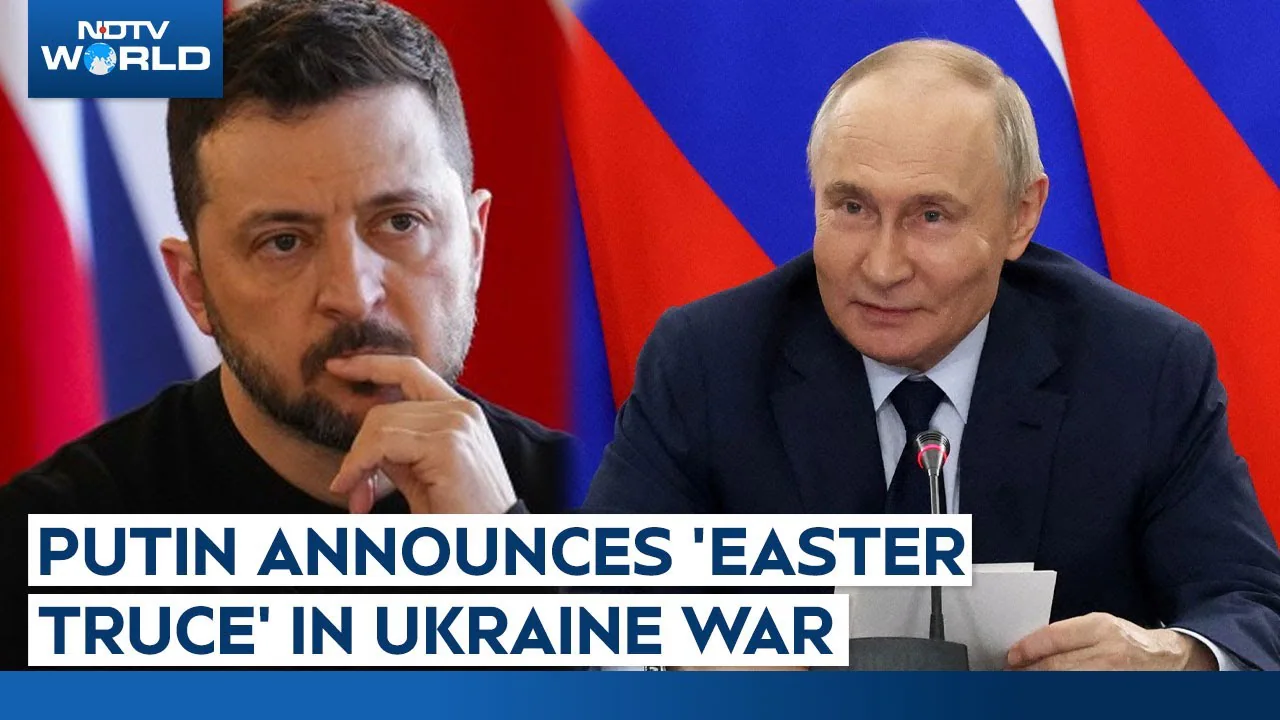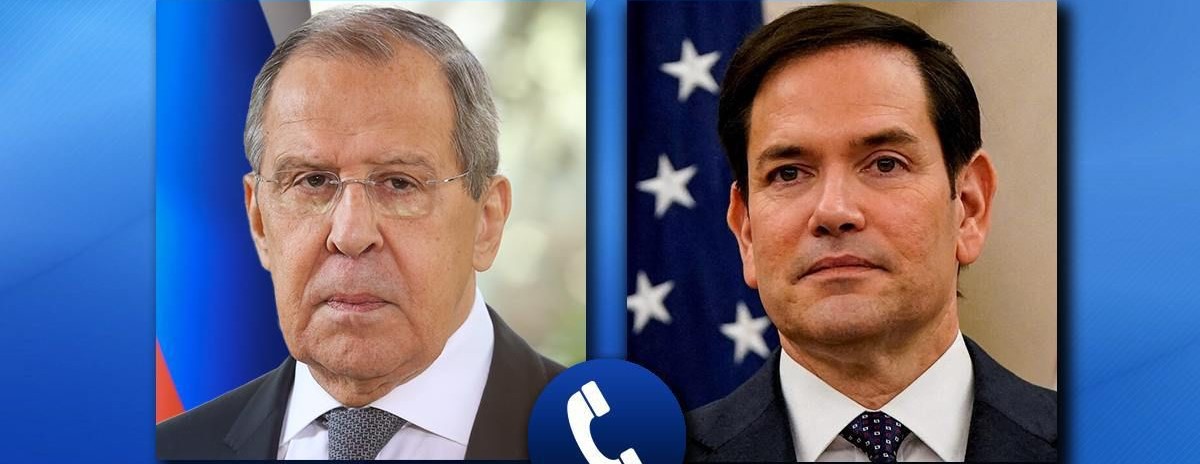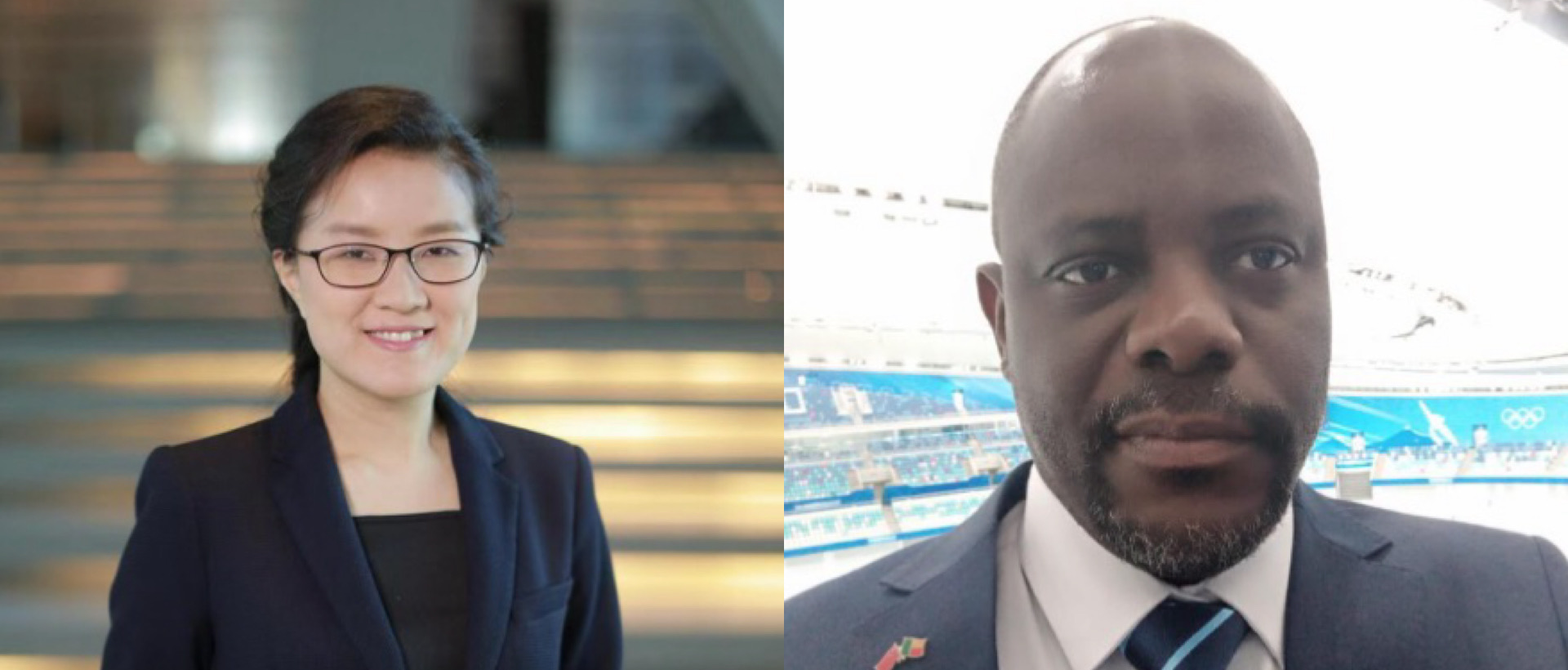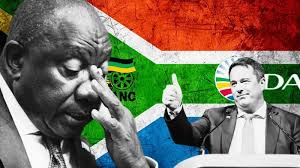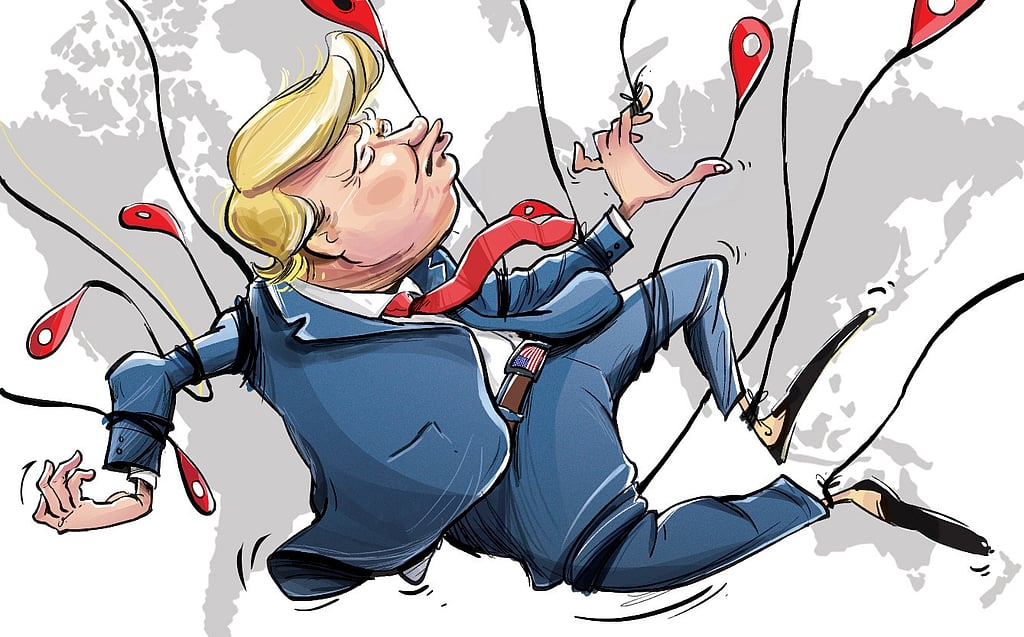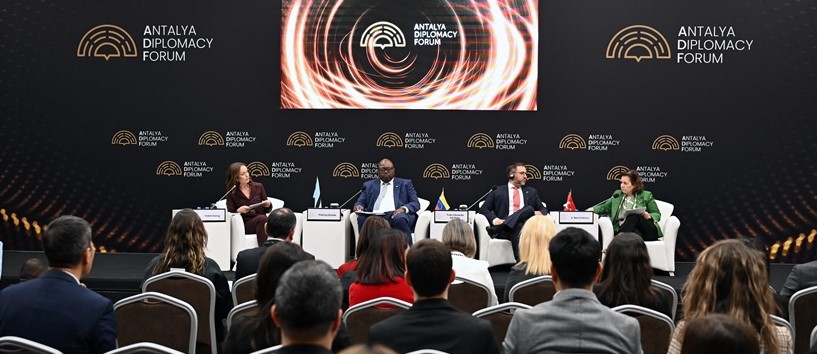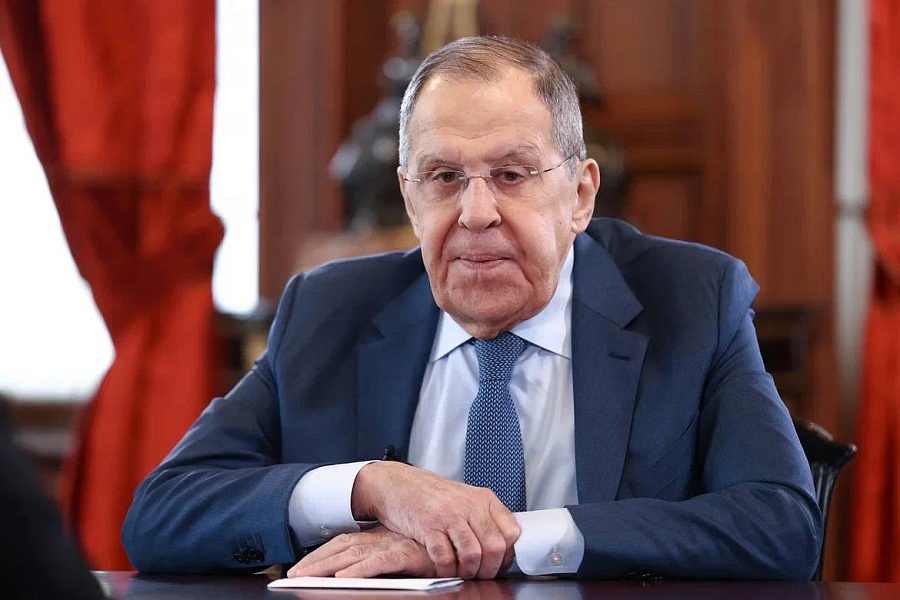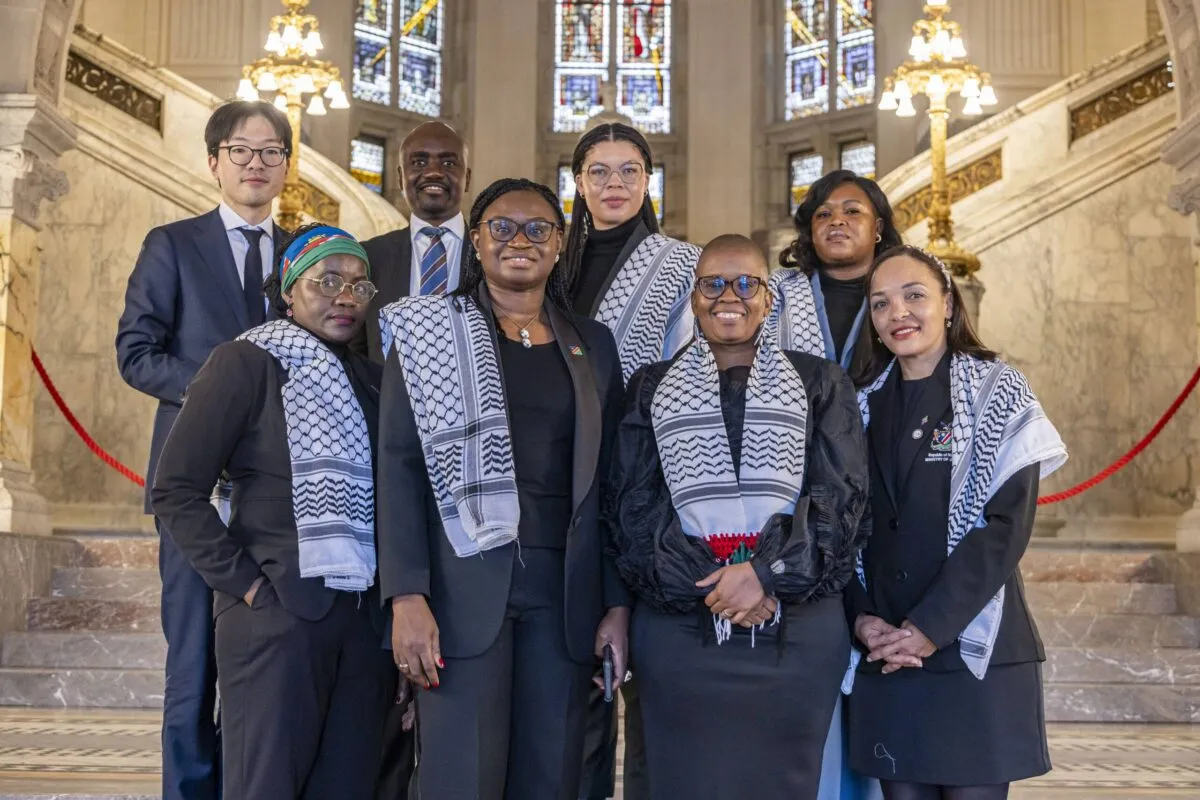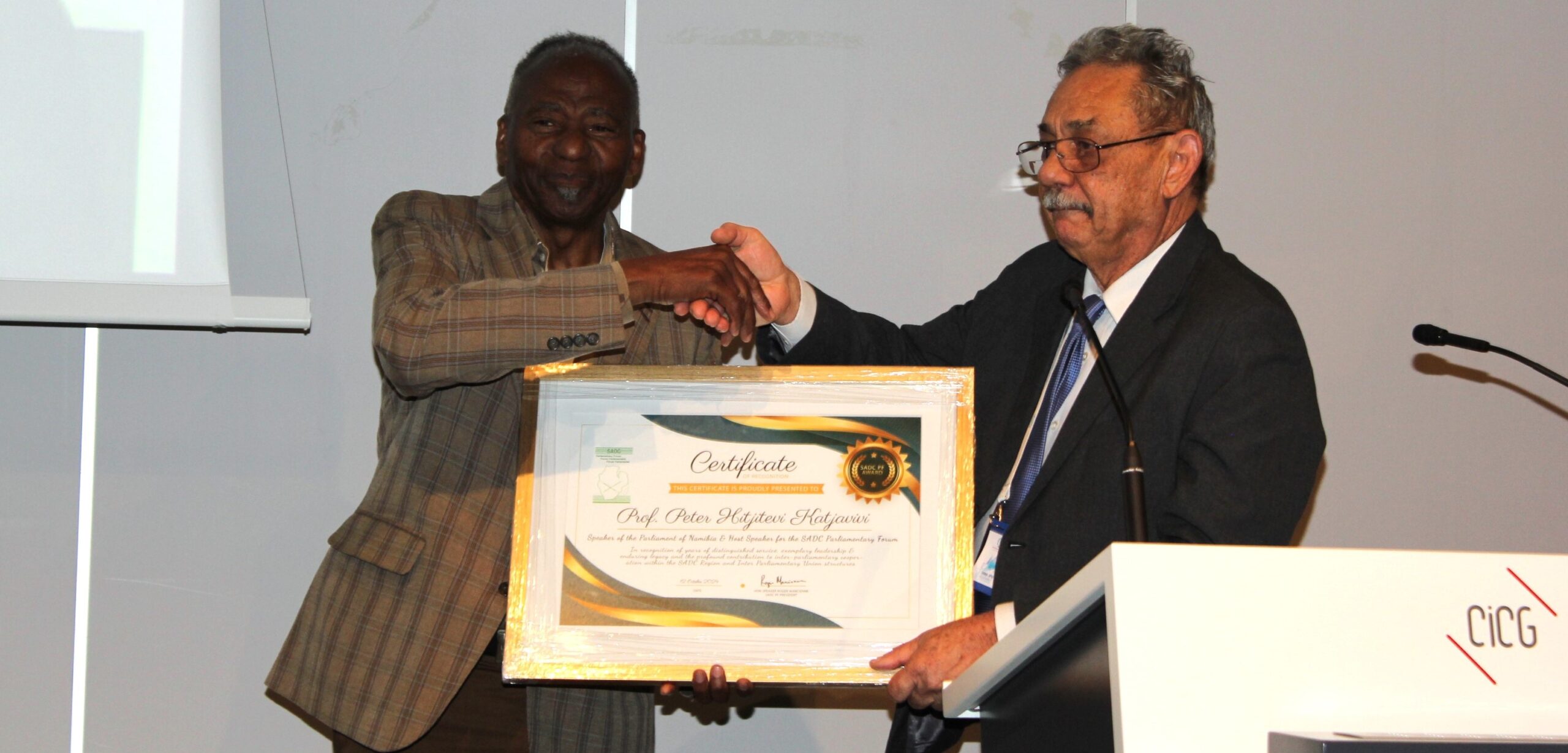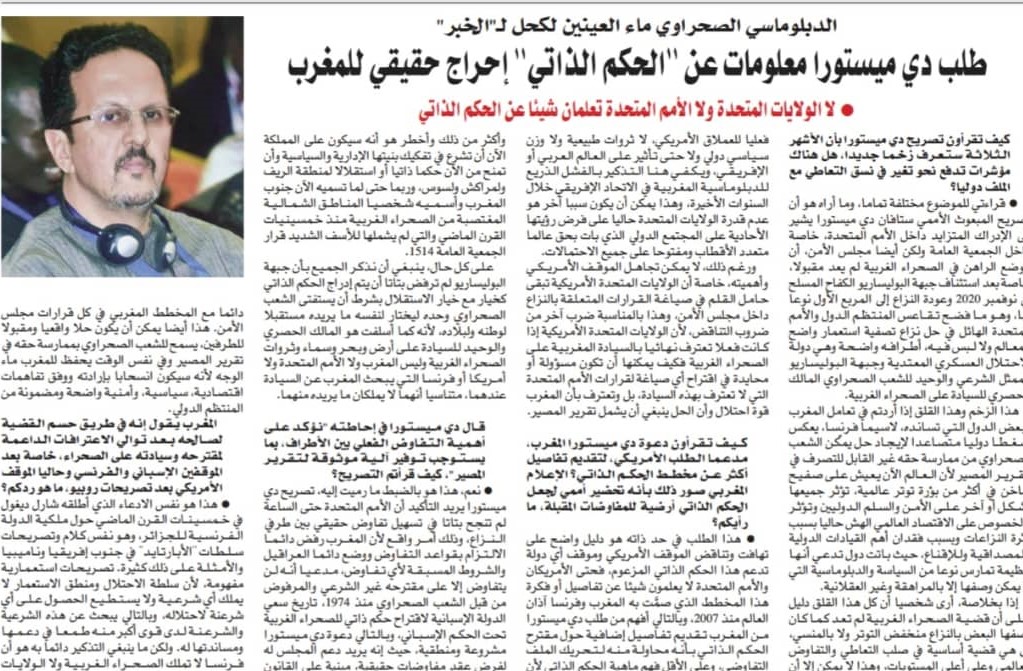
Algerian newspaper El Khabar published an interview with Sahrawi Ambassador Malainin Lakhal regarding the latest remarks by UN Secretary-General’s Personal Envoy, Staffan de Mistura, as well as the United States’ stance on the Western Sahara conflict. Ambassador Lakhal asserted that the dispute is emerging as a critical flashpoint on the international stage. He also dismissed the Moroccan autonomy proposal as both unrealistic and perilous — not only in terms of its implications for international law, but also for the future and stability of the Moroccan monarchy itself.
1. How do you interpret De Mistura’s statement that the coming three months will see renewed momentum? Are there signs of a shift in international engagement with the Western Sahara issue?
Ambassador Malainin Lakhal: My reading of the matter is quite different. I believe that UN envoy Staffan de Mistura’s statement reflects a growing realization within the United Nations—especially in the General Assembly and to some extent the Security Council—that the status quo in Western Sahara is no longer acceptable. This is particularly true after the Polisario Front resumed legitimate armed struggle in November 2020 after the Moroccan violation of the UN’s supervised ceasefire, bringing the conflict somewhat back to square one. This development has exposed the massive failure of the international system and the UN to resolve a clear-cut decolonization issue, whose parties are well-defined: an aggressive occupying power and the Polisario Front—the sole legitimate representative of the Sahrawi people, who are the exclusive holder of sovereignty over Western Sahara.

This momentum, and the accompanying anxiety from Morocco and some of its supporters—especially France—reflects mounting international pressure to reach a solution that enables the Sahrawi people to exercise their inalienable right to self-determination. The world is currently experiencing high geopolitical tension, with many global hotspots affecting international peace and security, as well as a fragile global economy. These crises are compounded by a crisis of credibility among major international powers, some of which have adopted what can only be described as immature and irrational diplomacy.
In short, I see this growing concern as evidence that the Western Sahara issue is no longer a “low-intensity” or “forgotten” conflict, as some used to describe it. Instead, it has become a central issue in international negotiations at the highest levels. This, in my opinion, will inevitably lead to a breakthrough for the better, God willing.
2. Is the U.S. position contributing to this renewed momentum?
AML: The U.S. stance, especially following statements by Secretary of State, Marco Rubio, reveals inconsistency in its policy on Western Sahara. While the Trump administration recognized Moroccan sovereignty over Western Sahara via a tweet in 2020, this recognition never translated into real support within the United Nations. This suggests that the U.S. either lacks genuine interest in the conflict and thus prefers not to deepen its involvement, or it sees no tangible benefit from doing so—particularly since Morocco offers little to the U.S. in terms of natural resources, geopolitical weight, or influence in the Arab or African worlds.
One need only recall Morocco’s diplomatic failures in the African Union in recent years to understand its limited influence. Alternatively, it could be that the U.S. is no longer capable of unilaterally imposing its vision on an increasingly multipolar world.
Still, the U.S. position cannot be ignored, especially since it is the “Penholder” in drafting Security Council resolutions on the conflict. This in itself is a contradiction—how can a country that supposedly recognizes Moroccan sovereignty over the illegally colonized territory remain a neutral drafter of UN resolutions that do not acknowledge such sovereignty and instead identify Morocco as an occupying force?
3. How do you interpret De Mistura’s and the U.S.’s call for more details from Morocco regarding its autonomy plan? Moroccan media portrayed it as a UN endorsement of autonomy as the basis for future negotiations—what’s your view?
AML: This request itself highlights the weakness and inconsistency of both the American position and any position supporting this so-called autonomy plan. Even the Americans and the UN know little if any about the plan, which Morocco and France have been loudly promoting since 2007. This is not serious. Forget about the illegality of the proposal itself, the issue now how can anyone support something he has no idea about? They really don’t know how dangerous it is not only on international legality and peace and security in the region, but also on the future of their very ally, the Moroccan Monarchy, which is likely to disappear and dissolve if the plan is implemented.
In fact, this request puts Morocco in a difficult position. It will now be expected to clarify its autonomy proposal, justify it legally, and show how it could be integrated into its own constitution that enshrines absolute monarchy. More dangerously, this logic would compel Morocco to begin dismantling its centralized administrative structure and grant autonomy—or even independence—to other regions such as the Rif, Marrakech, Souss, and what Morocco calls its southern provinces, which I personally consider as the northern territories of Western Sahara occupied since the 1950s and unfortunately not covered by UN Resolution 1514 of 1960.
This said, I interpret De Mistura’s request as an attempt to revive the negotiation process and at least understand what autonomy means, since independence through a fair and free referendum is a well-understood and legitimate option. In my humble opinion, this request does not signify any UN adoption of Morocco’s plan as the sole basis for negotiations. Such a move would be illegal, illogical, unrealistic, and a flagrant violation of international law and the principle of self-determination.
Let us also recall that the Polisario Front has never rejected including autonomy as an option alongside independence, provided the Sahrawi people alone vote on their future. After all, they are the sole and exclusive owners of sovereignty over the land, sea, sky, and resources of Western Sahara—not Morocco, nor the UN, nor the U.S. or France.
4. How do you interpret De Mistura’s call for “genuine negotiations between the parties and the need for a reliable mechanism for self-determination”?
AML: That’s exactly the point I was making. De Mistura is stressing that the UN has failed so far to facilitate genuine negotiations between the two sides. This is because Morocco has always refused to engage in meaningful talks, imposing preconditions and insisting that only its illegitimate proposal is negotiable—a proposal the Sahrawi people have rejected since 1974, when Spain first floated the idea of autonomy under Spanish rule.
De Mistura’s call is therefore legitimate and logical. He wants the Security Council’s backing to impose real negotiations grounded in international law and aimed at decolonization, ultimately enabling the Sahrawi people to exercise their right to self-determination, as per decades of UN General Assembly and Security Council resolutions.
No amount of Moroccan political, diplomatic, or media maneuvering can change the simple truth that self-determination must come through a referendum for the Sahrawi people. The only realistic alternative would be for Morocco to negotiate its withdrawal from Western Sahara, as Polisario proposed in its proposal of 2007. That proposal is always cited in the same paragraph alongside the Moroccan pseudo plan in every Security Council resolution. Such a withdrawal could be structured under mutually agreed economic, political, and security arrangements guaranteed by the international community—offering a face-saving exit for Morocco.
5. Morocco claims it is close to settling the issue in its favor, pointing to growing international recognition of its sovereignty over Western Sahara—especially from Spain, France, and recently the U.S. after Rubio’s comments. What’s your stance?
AML: This is the same rhetoric Charles de Gaulle used in the 1950s about French ownership of Algeria. It’s the same discourse as apartheid authorities in South Africa and Namibia once used. These colonial-style claims make sense from the occupier’s perspective because an occupying power has no legitimacy and seeks validation from stronger international actors.
But France, the U.S., and Spain do not own Western Sahara. They have no right to “grant” it to anyone. Morocco’s occupation is illegitimate. Sovereignty belongs exclusively to the Sahrawi people—not to France, Spain, or any foreign power. Rabat must respect true legitimacy and acknowledge that there is no acceptable solution other than returning to the rightful owners.
All the recognitions in the world, whether from Spain, France, or even a large group of states, cannot change Western Sahara’s legal status as a non-self-governing territory, nor Morocco’s status as an occupying power. They do not change the fact that the Polisario Front is the sole legitimate representative of the Sahrawi people, and that this people alone have the sovereign right to determine their own future.
6. Trump attempted to bypass the UN and turn the conflict into a political deal. What’s your opinion on this?
AML: The Trump administration’s attempt to bypass the UN and treat the conflict as a political transaction was a blatant violation of international law. Such moves undermine global efforts to find a fair and lasting resolution. The Polisario Front has always rejected any parallel paths outside the UN framework dedicated to resolving this issue.
We have many historical lessons, most notably the Palestinian cause, which was stripped from the UN process through the Oslo Accords. I believe the Sahrawi leadership—having dealt with international mechanisms since the 1970s—won’t fall for any proposals that deviate from the legitimate decolonization process.
We remain committed to international legality, to African Union legitimacy, and to constructive engagement with the UN’s efforts for a just and lasting solution. We are also committed to our right to defend our freedom through all legitimate means, including armed struggle, while remaining open to serious and sincere peace efforts under international law.
Ultimately, the only just and realistic solution to the Western Sahara conflict is to allow the Sahrawi people to exercise their right to self-determination through a free and fair referendum under UN supervision—or for Morocco to withdraw and cooperate with others in the region to build a Maghreb Union that includes and respects all parties equally. Anything else is just waste of time, effort and energy.
